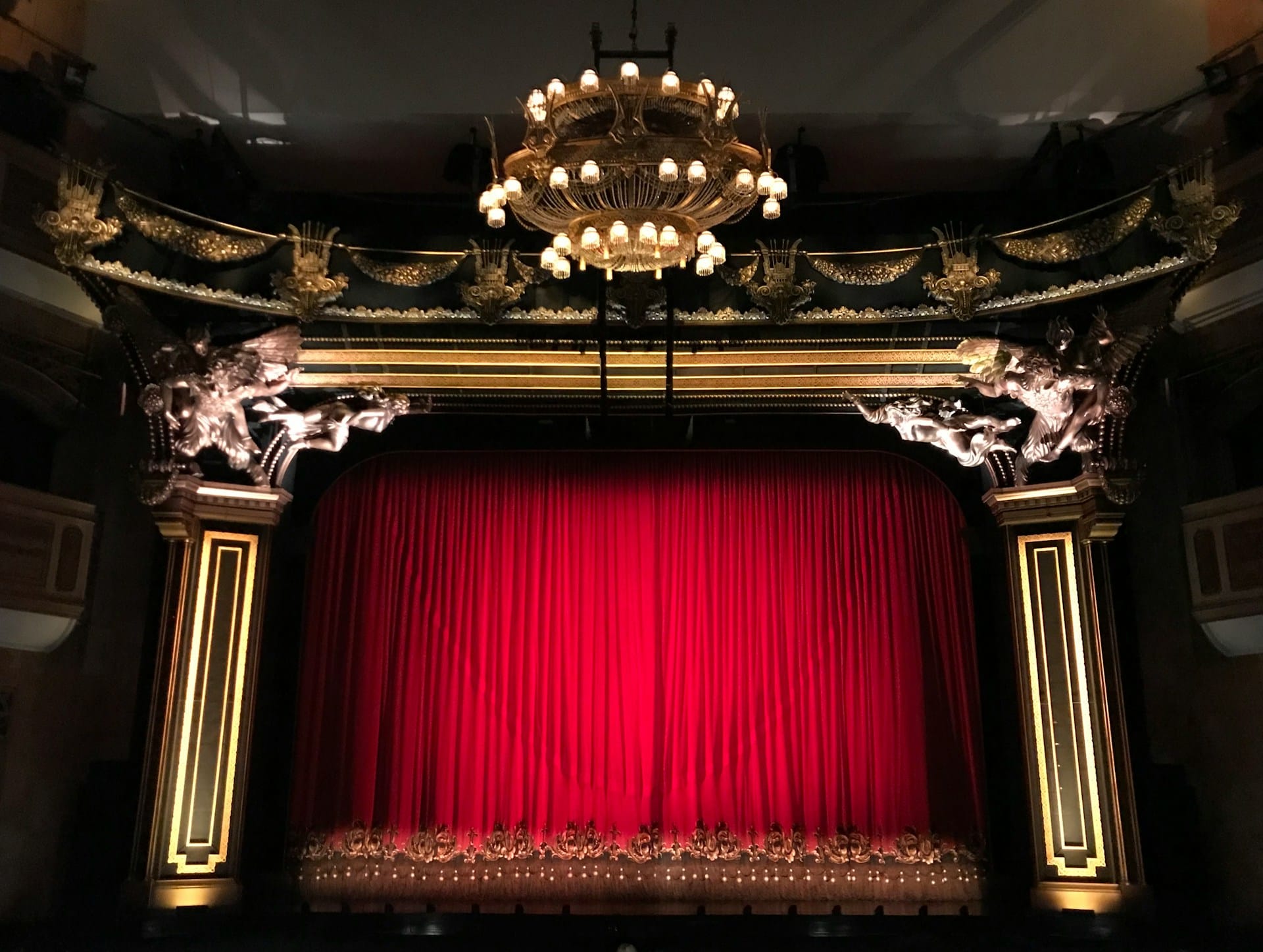Table of Contents
Explore the Timeless Beauty of Italian Opera
Italian opera is one of Italy’s most profound contributions to the world of art. This powerful form combines music, drama, and visual spectacle, transporting audiences into realms of intense emotion and compelling storytelling. Born during the Renaissance, Italian opera has shaped the global music culture and continues to captivate with its timeless charm. In this article, we’ll explore the history of Italian opera, highlight famous opera singers and composers, discover the iconic cities of Italian opera, and reflect on its enduring influence in Italian culture.
Why Italian Opera is Famous Worldwide
Italian opera is celebrated for its ability to evoke deep emotions, captivate with gripping drama, and present unmatched artistic beauty. Unlike other forms of theater, opera fuses music, storytelling, and visual spectacle into a mesmerizing experience where grandeur and passion converge. Italian opera’s fame extends beyond Italy, resonating with universal themes that remain relevant across different times and cultures. Known as the birthplace of opera, Italy has cemented its reputation, making opera one of its most cherished cultural exports.
A Brief History of Italian Opera
Its history begins in the Renaissance, a period marked by extraordinary artistic and cultural revival. Early Italian opera took root thanks to pioneering composers like Claudio Monteverdi, who introduced new forms of musical expression that became the foundation of Italian opera. Throughout the 17th and 18th centuries, opera gained momentum, with composers like Antonio Vivaldi and George Frideric Handel creating enduring works that still captivate audiences today. The 19th century was the golden age of Italian opera, marked by composers such as Giuseppe Verdi and Gioachino Rossini, who brought grandeur and emotional depth to their works. Later, in the 20th century, composers like Giacomo Puccini and Ruggero Leoncavallo introduced contemporary themes and powerful musical storytelling, which continue to resonate with modern audiences.
Most Important Opera Composers
The legacy of opera composers is woven into the very fabric of this art form, contributing to its international renown and timeless appeal. Claudio Monteverdi, often called the father of opera, laid the groundwork for what would become a distinctly Italian tradition. Moving into the Baroque period, composers like Alessandro Scarlatti and Antonio Vivaldi expanded the musical and dramatic scope of opera. The Romantic era brought a wave of iconic opera composers, including Giuseppe Verdi, whose works like La Traviata and Aida became cultural masterpieces. Gioachino Rossini’s The Barber of Seville and Gaetano Donizetti’s Lucia di Lammermoor introduced comedic elements and emotional depth to the genre. The 20th century saw the rise of Giacomo Puccini, whose La Bohème and Tosca continue to captivate with their intensity and human drama. Together, these composers established Italy as a powerhouse of operatic creativity, each contributing uniquely to the genre’s growth and evolution.
Famous Opera Singers
In addition to its legendary composers, Italian opera has been made memorable by its famous singers. Renowned artists such as Luciano Pavarotti, Maria Callas, Enrico Caruso, and Renata Tebaldi have elevated Italian opera to a global stage, showcasing the emotional depth and complexity of this art form. These singers not only mastered the demanding technical aspects of opera but also brought intense passion and connection to each performance. Their extraordinary voices and dramatic interpretation brought it to a wide audience, helping popularize it globally. The performances of these singers are celebrated in both live productions and recordings, allowing new generations to experience the magic of Italian opera.
Iconic Cities for Italian Opera
Italy’s cultural landscape is filled with cities that are iconic centers for Italian opera. Milan, home to the legendary Teatro alla Scala, is the epicenter of Italian opera, hosting some of the world’s most prestigious performances and premiering timeless masterpieces. Venice’s Teatro La Fenice, with its ornate decor and rich history, provides an intimate yet grand operatic experience in a city known for its artistic heritage. Rome’s Teatro dell’Opera di Roma, with its historic backdrop, is another cornerstone of operatic innovation and artistic expression. The Arena di Verona, a stunning Roman amphitheater, offers an unforgettable open-air opera experience under the stars. These cities serve as vibrant cultural hubs, where both Italian opera composers and singers have left an indelible mark, attracting artists and audiences from around the world to experience the timeless allure of Italian opera.
The Role of Italian Opera in Italian Culture
Opera is deeply embedded in Italian opera culture, resonating with Italy’s artistic identity and social fabric. In Italy, opera is more than entertainment—it is a cherished cultural institution, bringing people together from all walks of life. Italian opera has played a crucial role in shaping Italy’s national identity, especially during the 19th century when composers like Verdi expressed ideals of unity and freedom through their works. Today, Italian opera is celebrated through festivals, concerts, and events that draw diverse communities together, keeping this art form alive and relevant. Opera’s strong connection to Italian culture ensures that it remains a dynamic tradition, continuously inspiring both locals and visitors alike.
Conclusion
Italian opera transcends mere music; it embodies a profound expression of human emotion, creativity, and the enduring beauty of Italian culture. With contributions from legendary Italian opera composers and famous Italian opera singers, this art form remains a gateway to a world filled with beauty, drama, and artistic brilliance. As a window into Italy’s history, culture, and innovative spirit, Italian opera stands as a symbol of Italy’s timeless legacy, resonating with audiences worldwide through the universal language of music and storytelling.
If you’re interested in learning Italian through the enchanting world of opera, The Italian Lesson offers a beginner-level Italian Opera course https://theitalianlesson.com/product/italian-opera/. This unique course introduces you to the Italian language through the fascinating stories, music, and history of Italian opera, providing a captivating and enjoyable way to learn Italian.
External links:
- https://en.wikipedia.org/wiki/Italian_opera
- https://www.eno.org/discover-opera/explore-more/the-beginners-guide-to-italian-opera/

